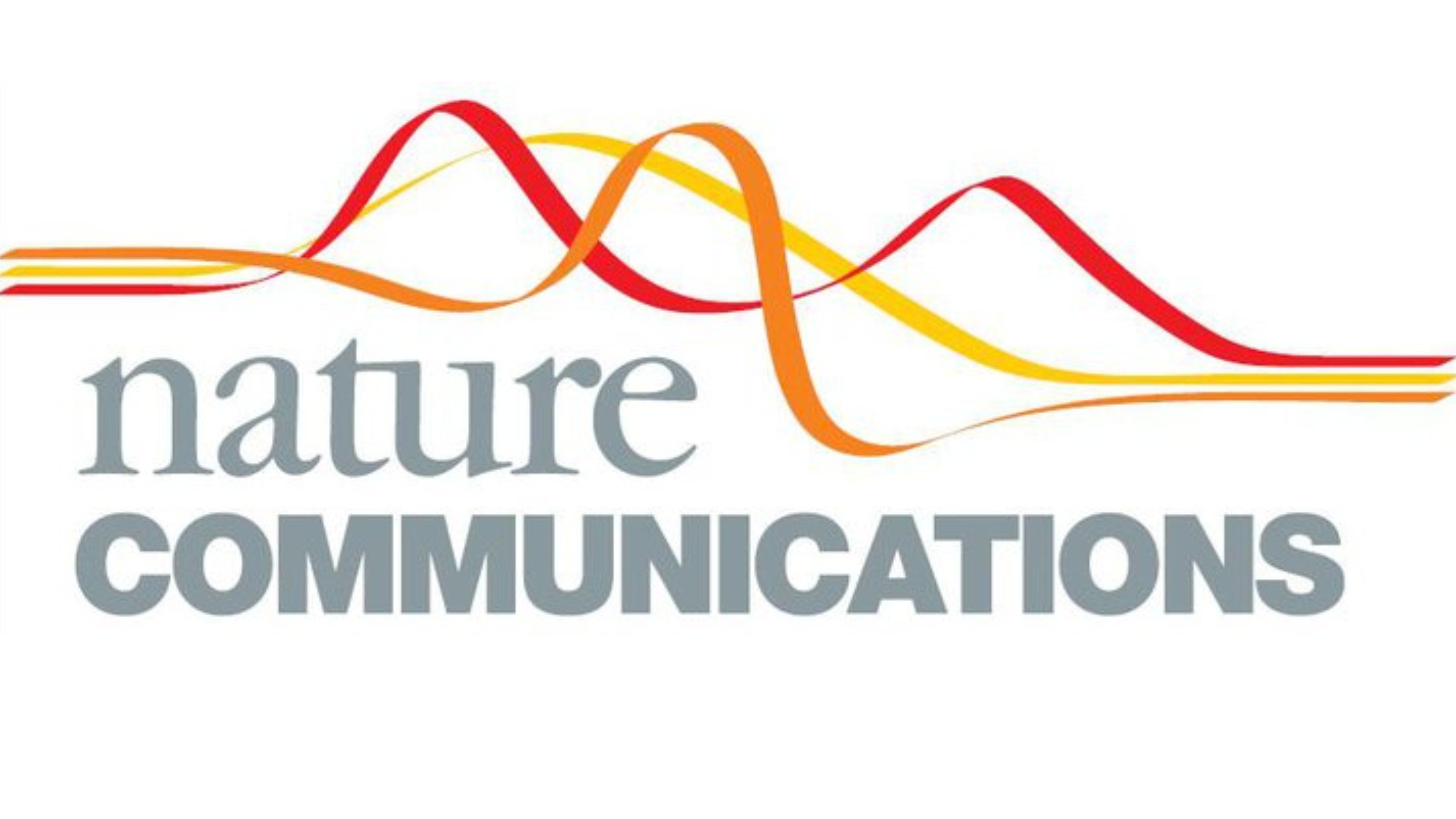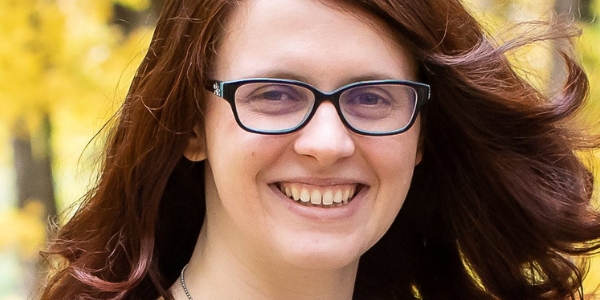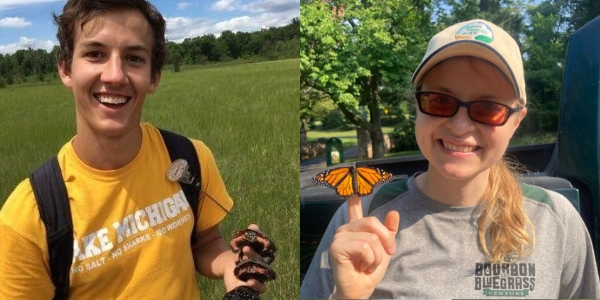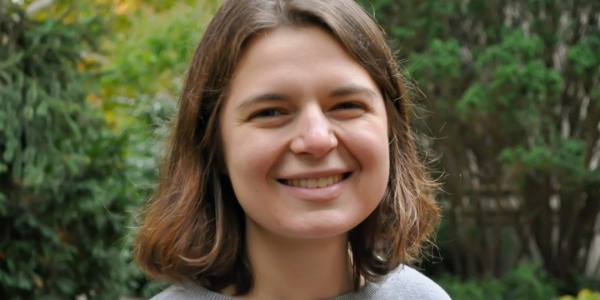Seven seed grants set to sprout collaborative EEB efforts
Seven early-stage research projects led by 12 EEB core faculty members are getting an early boost from the MSU Ecology, Evolution, and Behavior (EEB) Program Seed Grant Initiative.
The grants, totaling $96,875, will nurture the development of competitive proposals for significant external resources, including new research partnerships envisioned by EEB members. This year’s recipients represent collaborations across seven departments and MSU Kellogg Biological Station (KBS).
“An early investment in a great idea can make a huge difference in a research project,” said EEB Director Elise Zipkin. “EEB is proud to continue to support our members’ inspiration, collaboration, and hard work with an early-stage boost. These investments continue to pay great dividends in successful long-term projects.”
This is the fifth year of competition for EEB seed grants, with a sixth slated for next academic year.
“The fields of ecology, evolution, and behavior are facing a pivotal moment, shaped by urgent environmental challenges and shifting funding landscapes,” said Doug Buhler, associate vice president for Research and Innovation. “EEB’s seed grant program has played a vital role in advancing bold, interdisciplinary research at a critical time.”
This year’s funded projects are:
- “Computationally predicting bacterial strain susceptibility to phages” led by Christopher Waters in microbiology, genetics, and immunology.
- “Assessing avian pathogen and parasite risk in agricultural vs natural sites” led by Kevin McGraw and Victor Agular de Souza Penha in integrative biology and Olivia Smith in horticulture.
- “Climate change and community (dis)assembly: Understanding the joint effects of thermal stress and biotic interactions on community response to climate change” led by Alisha Shah in integrative biology and KBS.
- “Quantifying the impact of red blood cell dynamics on virulence evolution in malaria parasites” led by Nina Wale in microbiology, genetics, and immunology and integrative biology.
- “Does muck matter: Revealing the biogeochemical and ecological importance of flocculent” lead by Jay Zarnetske in earth and environmental science, Kelly Aho in earth and environmental science and integrative biology, and Jim Moran in integrative biology and plant, soil and microbial sciences.
- “Harnessing and understanding macrosystems biology data for translation science” led by Pat Soranno in integrative biology and Kyla Dahlin in geography, environment and spatial sciences.
- "Moment methods for eco-evolutionary dynamics in complex environments" led by Chris Klausmeier in plant biology, integrative biology and KBS.
The committee was co-chaired by Emily Dolson and Pat Soranno. Other members include Akihiro Koyama, Sarah Evans, Greg Bonito, and Santiago Rodriguez Castro.
The next round of EEB Seed Grant Proposals for EEB core faculty members will be in due March 1, 2026.



